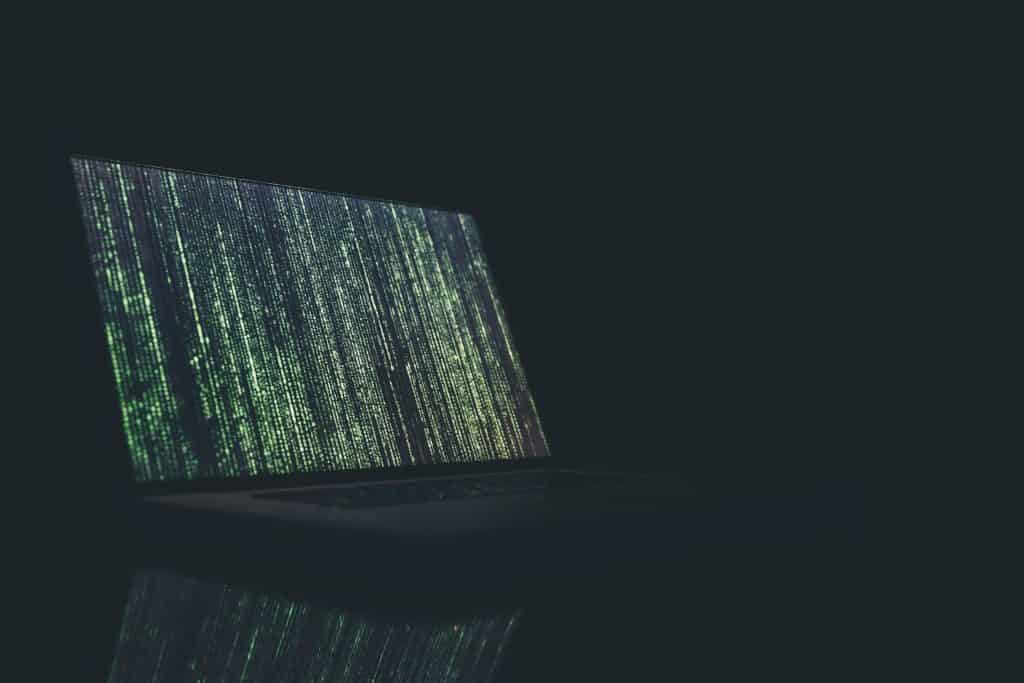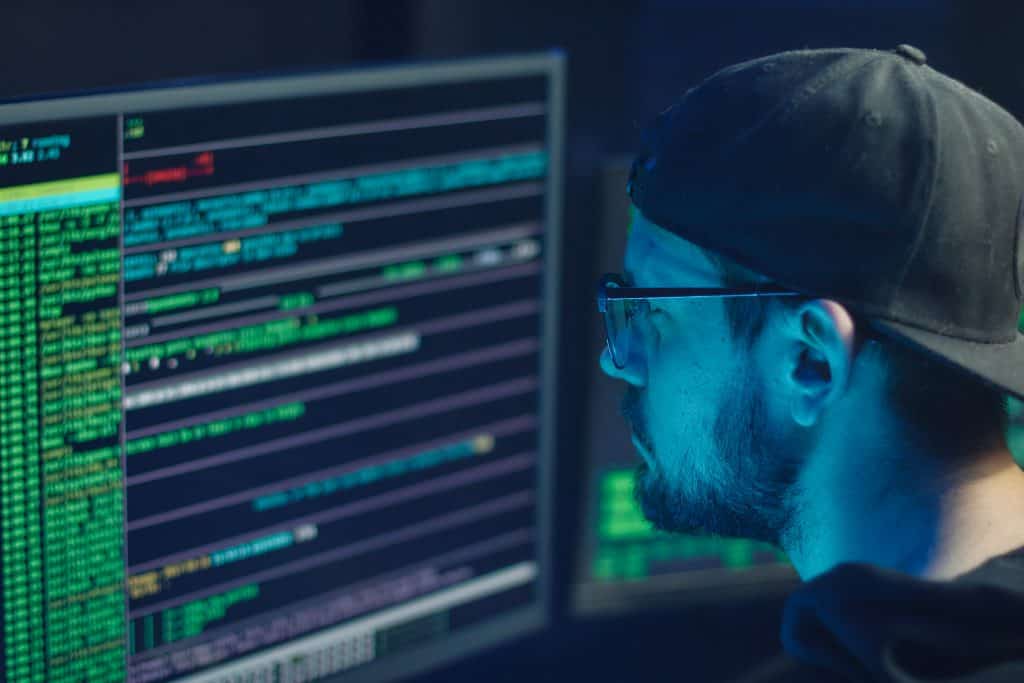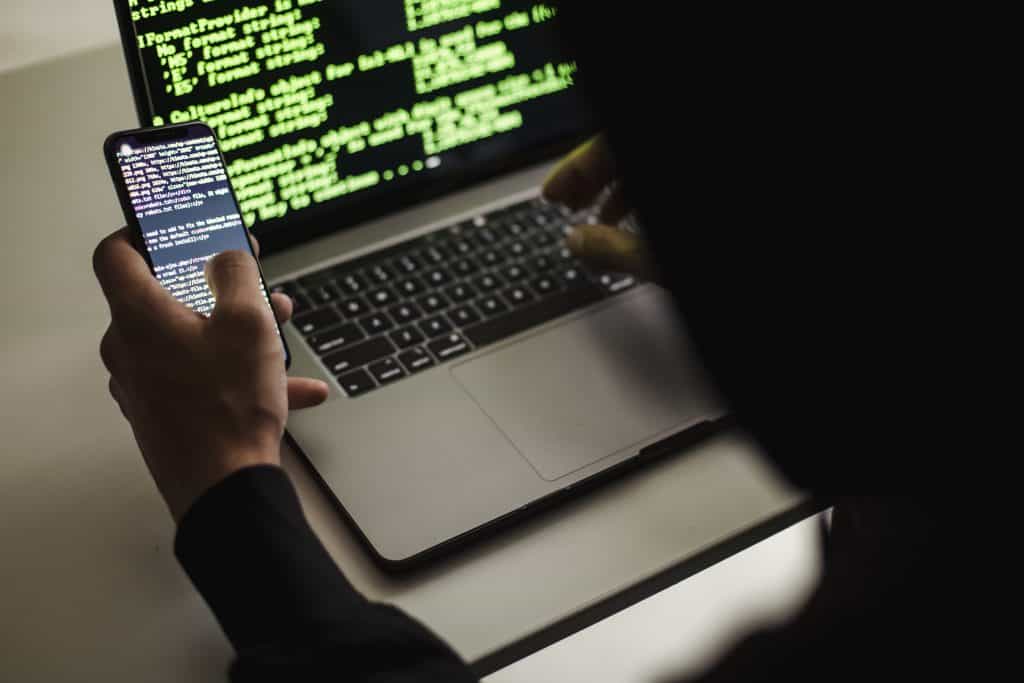If you’re regularly browsing the web, you’ve probably seen ads about VPNs pop out at least a couple of times. They all scream that you need to protect your privacy and your data, that you’re being monitored, etc. All of these claims are quite alarming when you see them in big red letters splashed across your entire desktop, but how much truth is there behind them?
Before going further, it’s crucial to determine what VPNs are and what they do. Without getting too technical, a VPN represents a service that hides your IP address while you’re online. The encryption is achieved by bouncing your net activity, not letting the sites you visit pinpoint where you’re connecting from. This, in turn, makes browsing safe, secure, and anonymous.

The more you use, the more precisely, the more sites you visit (especially not trusted ones), the higher the chance you would need a VPN. Recognizing you need a VPN is only the first step; figuring out which one to choose is another matter entirely. Because there are so many solutions out there looking to grab their slice of the pie, it can be difficult to make your choice. There are sites specializing in presenting the best VPN for Chrome solutions, including reviews, user feedback, prices, and much more.
While these sites will be much more useful in determining what service to pick, we’ve focused on why you’d have one in the first place.
In no particular order, these are the top ten reasons you should be using a #VPN service. Click To TweetSafe connection to public Wi-Fi
Even though access to public Wi-Fi is everywhere around us, from malls, bars, and libraries to bus stops and gas stations, using one puts you at a much greater risk than if you’re using a private connection. Because the connection is public, there are numerous devices connected to it at any given time, and each of them could be looking to track your activity and your data.
Shared networks do have protections in place, but any time numerous devices share the same source, they’re inadvertently linked, making it easier to access each on of the connected devices.
A VPN looks to protect your actions and your data by essentially hiding everything you do from the network you’re hooked on and everybody else sharing the same network.
When you can’t control the security standards of your connection, the least you can do is control your own security standards.
Unrestricted content
The last couple of years have seen a dramatic increase in subscription services that offer their databases for a fee without you having to download anything. Think along the lines of Netflix or the Xbox Gamepass. These services originate from the US, and anybody using them there won’t face any issues. However, localizations for such services can be tricky for anyone using them abroad. Through copyright limitations or some other means, you could be locked out of certain content simply because of the place where you live.

Using a VPN, you can “fool” the service you’re using in order to get access to all the content that’s available elsewhere. While this might seem at least borderline illegal, don’t worry. Using a VPN is legal in most countries worldwide, so this method of accessing content is simply a smart workaround.
Untethered access
Content restrictions aren’t exclusive to subscription and gaming services. A much bigger problem is restricted Internet access which can be imposed in certain countries.
Imagine finding yourself in a country where you can’t access 80% of the site and/or social media platforms you normally do. VPNs come to the rescue again, offering hundreds upon hundreds of remote servers for connections that open everything up, enabling you access to everything. Quickly and easily, you’ll be surfing “located” halfway across the world where none of the imposed restrictions apply.
Ease of use
There are many ways to secure your data while connected – firewalls, antivirus or antimalware software, etc. Many of these are quite limiting by default, hindering your work because they block the apps they shouldn’t, and configuring them could be a prolonged and arduous task.

On the other hand, VPNs don’t require almost any tinkering at all to set up, and even the things you need to do are usually pretty straightforward, backed up by a user-friendly interface. You can go about your business, as usual, knowing that processes are running in the background that keep your data safe.
Price tag
Continuing our previous point, VPNs are also better alternatives to traditional security measures when you factor in the price tag. You’re much more likely to find an affordable VPN service than you are antivirus and/or antimalware solution (free trials don’t count). This is because most security software has some kind of angle that needs to be developed first and maintained through version updates. The end results are the same – protection from malicious attacks, hacks, preventing people from seeing your activity, etc.; how they get there varies.
VPNs all function the same way and don’t need to be micromanaged to be maintained, reducing the upkeep costs, enabling providers to offer it at lower prices. The savings to your bottom line don’t even end there because…
Save money
VPNs also provide you with opportunities to save money on other subscriptions or even digital goods. There are instances where something is cheaper in one region than others, which has most to do with currency.
If you’re looking for a product that’s digitally distributed, you can use a VPN to change your location and get the product for less – just like with subscriptions, this isn’t illegal since no laws are banning the use of VPNs.
Keep in mind that this method is only usable with digitally distributed goods, services, or subscriptions. If you need physical products delivered using a VPN to change your IP address does not affect the final bill.
Anonymity
We concluded that browsing the web while using a VPN makes your sessions secure, but it also masks your sessions, keeping your anonymity on the web.
Forget about the incognito mode browsers offer; if you really want to hide what you’re doing, VPNs are the way to go.
Note that no method is foolproof, and if someone wants to retrace your steps and has the knowledge to do so, they probably will. However, VPNs will secure you from those looking for easy access, deterring them, which in most cases means moving on to other, more easy prey. Not only will you be anonymous to other people, but you’ll also be anonymous to the websites you’re visiting. Sites like Google or Amazon won’t be able to track your activity, so no personalized ads will be covering your display.
Secure remote connections
In the last year and a half video calls, and video conferences have become a regular part of our routine, both privately and for work. The sudden need for this type of communication in such a large volume has unfortunately left providers with only rudimentary solutions for encryption and security – there are numerous reports around the web in the last 18 months citing hacked Zoom meetings, for example.
VPNs will make your browsing encrypted and secure and all forms of communication, including emails, chats, calls, and video calls.
As we’ve mentioned, the process to set up a VPN is simple enough, meaning you won’t need IT guys to do it for you, which in turn makes it possible for any company to use it regardless of the staff’s technical background.
Adaptability
Now more than ever, software needs to be adaptable. We’re connecting to the web with more devices than ever before – desktops, laptops, tablets, phones, watches, etc. Traditional security software is primarily designed for use with laptops and desktops, meaning handheld devices are at a disadvantage getting weaker versions of the same thing or bad/limited ports.

VPNs don’t have such problems because they target your outgoing connection, which goes through their servers before you begin browsing – the platform has nothing to do with it since every device connects in the same way. You will need to check, just to be sure, but most VPNs provide their services for all devices you could possibly use.
Internet speeds
There are cases where your Internet service provider will bottleneck your internet speeds once you’ve reached a certain amount of traffic per month.
Let’s say your advertised speeds are 500 Mb/s, but after you’ve downloaded 300 GB in a month, it drops and is capped at 200 Mb/s until the next month starts. Usually, these things are hidden in the fine print of your contract, and you’ll need to look in order to find them (i.e., they’re not readily advertised). This is even more problematic when considering that people who download the most data tend to need the highest speeds.
Using VPNs, you’re circumventing your provider’s regular channels to track your numbers, essentially making these caps a non-factor for you.
Summary
As you can see, there are numerous reasons across the board you should be using VPNs, with most of them being directly tied to the overall security of your connection and your data. Right now, it’s probably the safest and most affordable method of protection. You’ll definitely have to keep in mind that free options should be avoided if possible. To balance out their costs, they look to incorporate ads that can interfere with overall performance. Going with a paid option is therefore advisable.
Before committing to any service, you should most definitely do your research first – look at both professional and user reviews, find out the costs, if there are price tiers, etc. As with anything there on the web, solutions are plentiful; only a few are worthwhile, however. In any case, the groundwork is now done for you, and you have a good starting point to move forward – go and secure your connections.